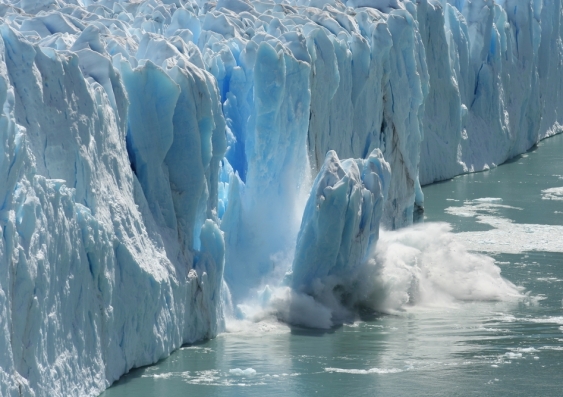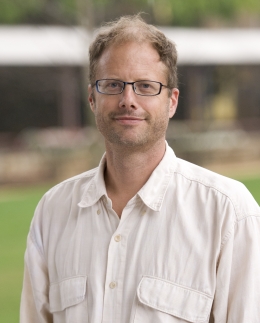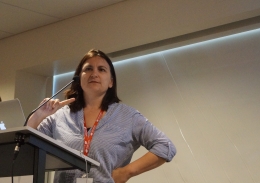To request interviews with our scientists about the report, contact media@unsw.edu.au or Alvin Stone, Media and Communications Manager at the ARC Centre of Excellence for Climate Extremes (CLEX) at 0418 617 366 / Alvin.stone@unsw.edu.au. To learn more, read the CLEX special briefing on the report.
Professor Andy Pitman, Director of the ARC Centre of Excellence for Climate Extremes
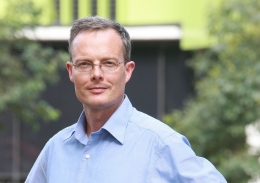
UNSW Sydney Professor Andy Pitman AO, Director of the ARC Centre of Excellence for Climate Extremes.
“The ARC Centre of Excellence for Climate Extremes welcomes the release of the 6th Assessment Report by the IPCC. It further cements our understanding of climate change science and leads to the inevitable conclusion that the carbon in the ground has to be left in the ground.”
Dr Sarah Perkins-Kirkpatrick (ARC Centre of Excellence for Climate Extremes / UNSW)
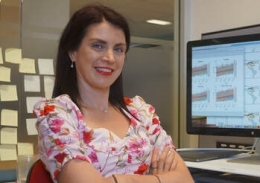
Dr Sarah Perkins-Kirkpatrick
“The latest IPCC report underlines that climate change is happening now, and will continue to get worse if drastic cuts to emissions are not undertaken. Climate change is unequivocal, and humans are responsible for the vast majority of this change. Compared to previous IPCC reports, the language around these statements of current and future change have only become stronger and more confident, reflecting the status of the science undertaken in recent times.
“It is imperative to remember that climate change is happening now. The world has warmed by almost 1.1°C, and Australia by 1.4°C. With this change we have seen increases in the frequency and severity of heatwaves, more severe bushfires, more intense rainfall events, and more droughts over some regions. Compound extreme events, which occur at the same time, have also increased. Many of these changes scale with global warming – the more global warming we experience, the worse these extremes will be. Given recent extreme events, for example the 2019/2020 Black Summer and the devastating 49.6°C temperatures and following wildfires in Canada have only occurred at 1°C warming, extreme events that occur of 5°C, or even 3°C will be far more crippling.
“This report stresses the absolute urgency to reduce greenhouse gas emissions as much as possible as soon as possible. Unfortunately, it is unlikely that we will limit global warming to 1.5°C or 2°C, given the short time we need to turn our emissions around, as well as relying on underdeveloped technology to extract emissions from our atmosphere and store them safely in the ground. But that does not mean we should give up. We must do as much as possible as soon as possible. If we take credible and serious action over the next few decades, we have a solid chance of avoiding 5°C warming. So let’s just get on with it.”
Professor Steve Sherwood (Climate Change Research Centre / ARC Centre of Excellence for Climate Extremes)
“This new report represents a huge effort. It not only expresses greater confidence in the future warming and its consequences that we could face, but drills down to much more regionally specific information which is needed as we move from debating climate change to planning for it.
“I hope that the increased confidence, together with the events we are seeing around the world such as huge fires and searing heat, will give our leaders the confidence to start taking the stronger steps that are needed to reduce carbon emissions at the COP26 meeting later this year."
Professor Lisa Alexander (Climate Change Research Centre / ARC Centre of Excellence for Climate Extremes)
“While previous IPCC reports have had the same broad message, AR6 is even more urgent in its assessment that climate extremes are changing everywhere on the planet, humans are to blame and we have a very small window of opportunity to change the trajectory of those changes. But it can be done.”


